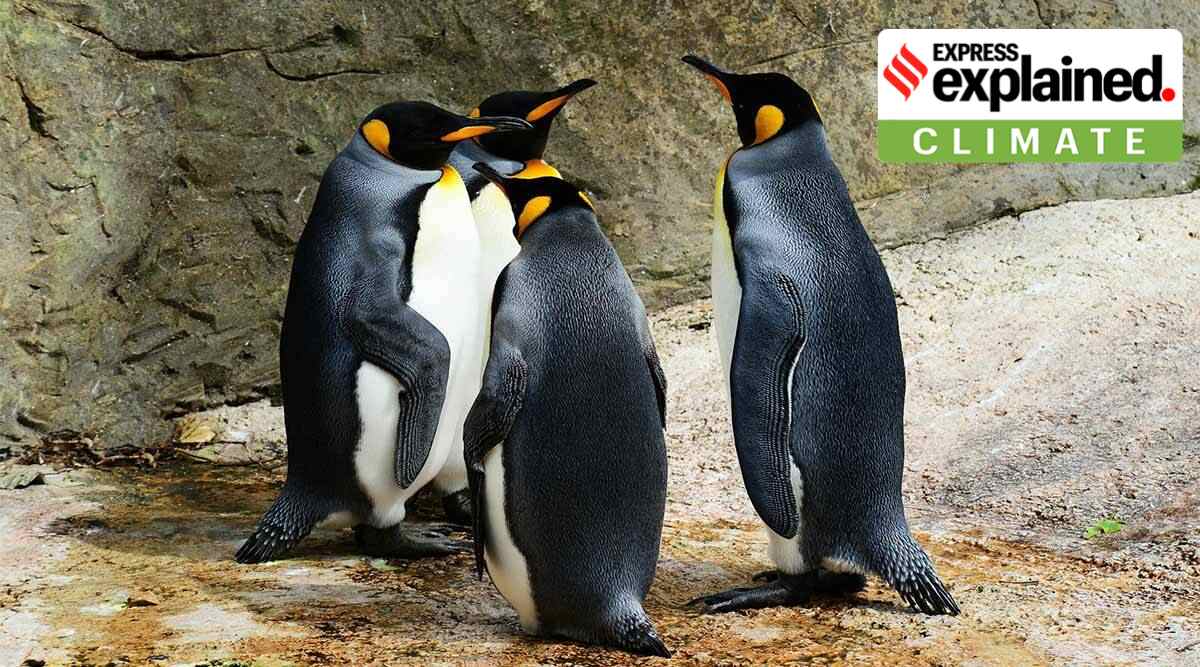Free Courses Sale ends Soon, Get It Now


Free Courses Sale ends Soon, Get It Now



Copyright infringement is not intended
Context: Greater conservation efforts are needed to protect Antarctic ecosystems, and the populations of up to 97 per cent of land-based Antarctic species could decline by 2100 if we don’t change tack, a new research has found.
Details:
About Emperor penguin:
© 2024 iasgyan. All right reserved